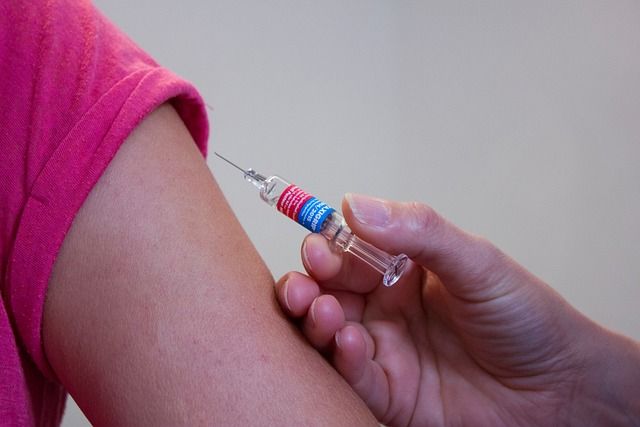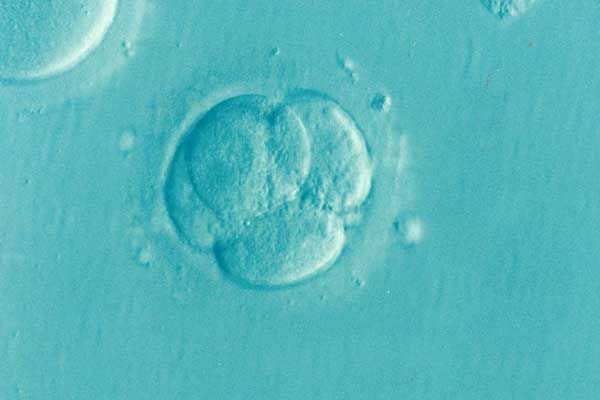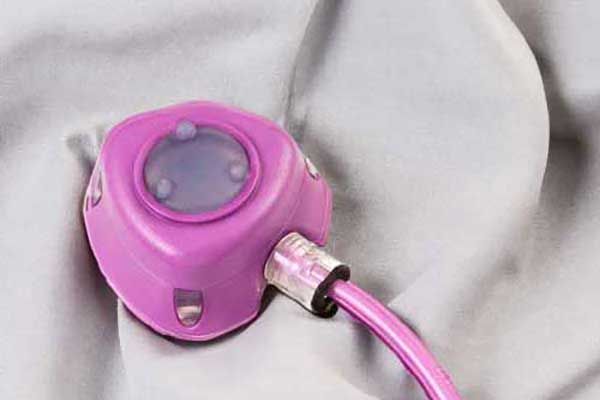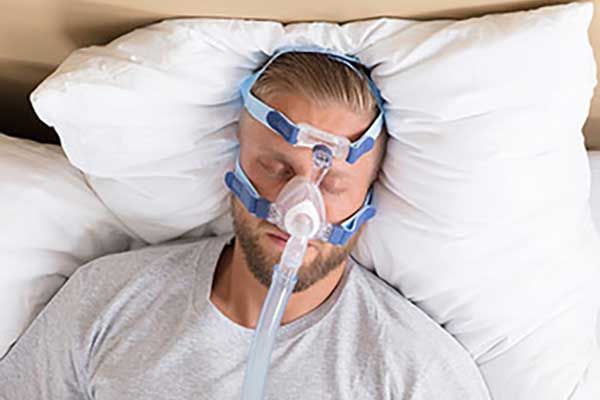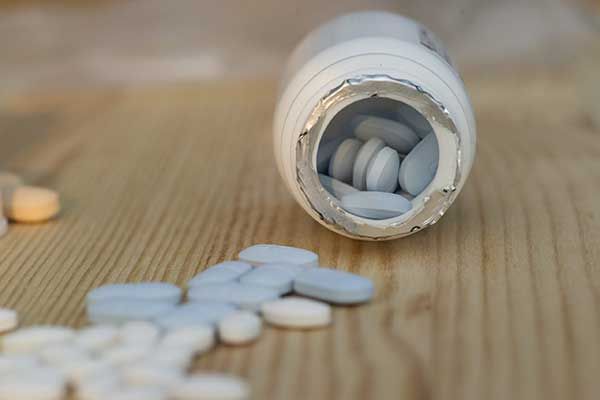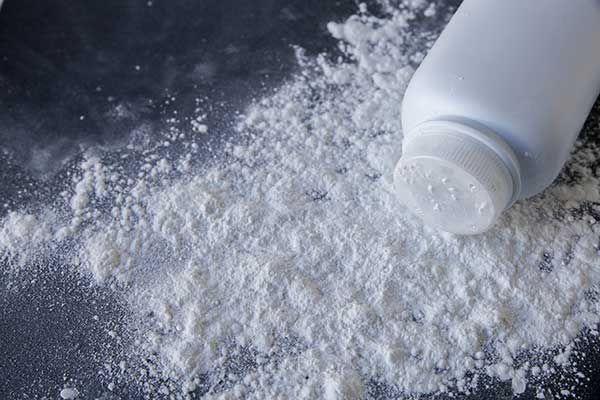
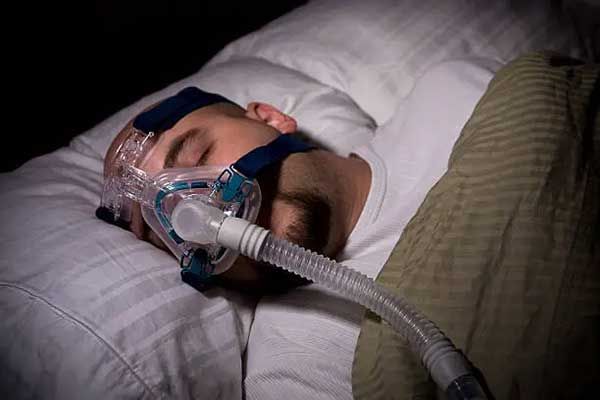
One Year After the Philips CPAP Recall, Many Still Don’t Have Answers
It has now been over a year since the Philips CPAP machine recall was issued. Many patients that relied on their CPAP breathing machines or mechanical ventilators for years to manage their sleep apnea are still waiting on a replacement machine or for repairs to be completed on their recalled device. Some people are risking their lives, sleeping without their machine while waiting for a replacement. Others are continuing to use their recalled device, potentially risking their lives, as well. What is the problem with these machines and, more urgently, why is it taking so long to fix the problem?
What is a CPAP Machine?
Consumers worldwide have been using Philips Respironics CPAP machines to treat sleep apnea, a potentially life-threatening condition in which breathing starts and stops while asleep. Throat and tongue muscles relax during sleep, and can cause the airway to become blocked. Sleep apnea is associated with other serious conditions such as cardiovascular disease.
Breathing machines, known as continuous positive airway pressure (CPAP) and BiLevel positive airway pressure (BiPAP) machines, help manage this sleep disorder. The machines consist of a mask worn over the face, connected to a tube, which hooks up to a machine. The machine delivers continuous pressure into the lungs while the user sleeps.
The Issue with Philips CPAP Machines
In June 2021, Philips recalled many millions of its CPAP, BiPAP, and mechanical ventilators due to problems with the foam inside the machines. The foam acts as a sound dampening mechanism within the machine to quiet the vibrations the machine makes when in use. However, the foam, known as polyester-based polyurethane foam, or PE-PUR, may break down over time. The degrading of the foam may cause tiny particles—which may be toxic—to be released into the machine and, in turn, directly into the user’s lungs. Some of the conditions that have been linked to this foam breakdown include:
- Acute Respiratory Distress System (ARDS)
- Chemical poisoning that resulted in hospitalization
- Hematopoietic Cancer
- Kidney Cancer
- Kidney/Renal Damage/Failure/AKI
- Leukemia
- Liver Cancer
- Liver Failure
- Lung Cancer
- Lung Disease
- Lymphatic Cancer
- Multiple Myeloma
- Nasal Cancer
- Non-Hodgkin Lymphoma
- Pleural Effusion
- Reactive Airway Disease (RAD)
- Respiratory Failure
According to the FDA, from April 2021 to April 2022, the safety regulator received over 124 reports of deaths that are suspected to be related to the breakdown of PE-PUR foam in the machines.
CPAP Patients Want Answers and are Seeking Their Day in Court
Lawsuit have been filed against Philips concerning this 2021 recall, alleging that Philips knew about the problems with the foam several years prior, but did not warn consumers. Several hundred lawsuits against Philips are now centralized in the Western District of Pennsylvania.
But this doesn’t immediately help the CPAP and BiPAP users still waiting for their repaired or replaced machines. Philips says they are “working as fast as [they] can” to fix the five million affected devices.
Want to Know if You have a Valid Claim?
Contact the attorneys at Grant & Eisenhofer for a free consultation. We can help you determine if your CPAP, BiPAP or mechanical ventilator is part of the recall, and if you have a viable claim. Contact us today, it’s not too late.

